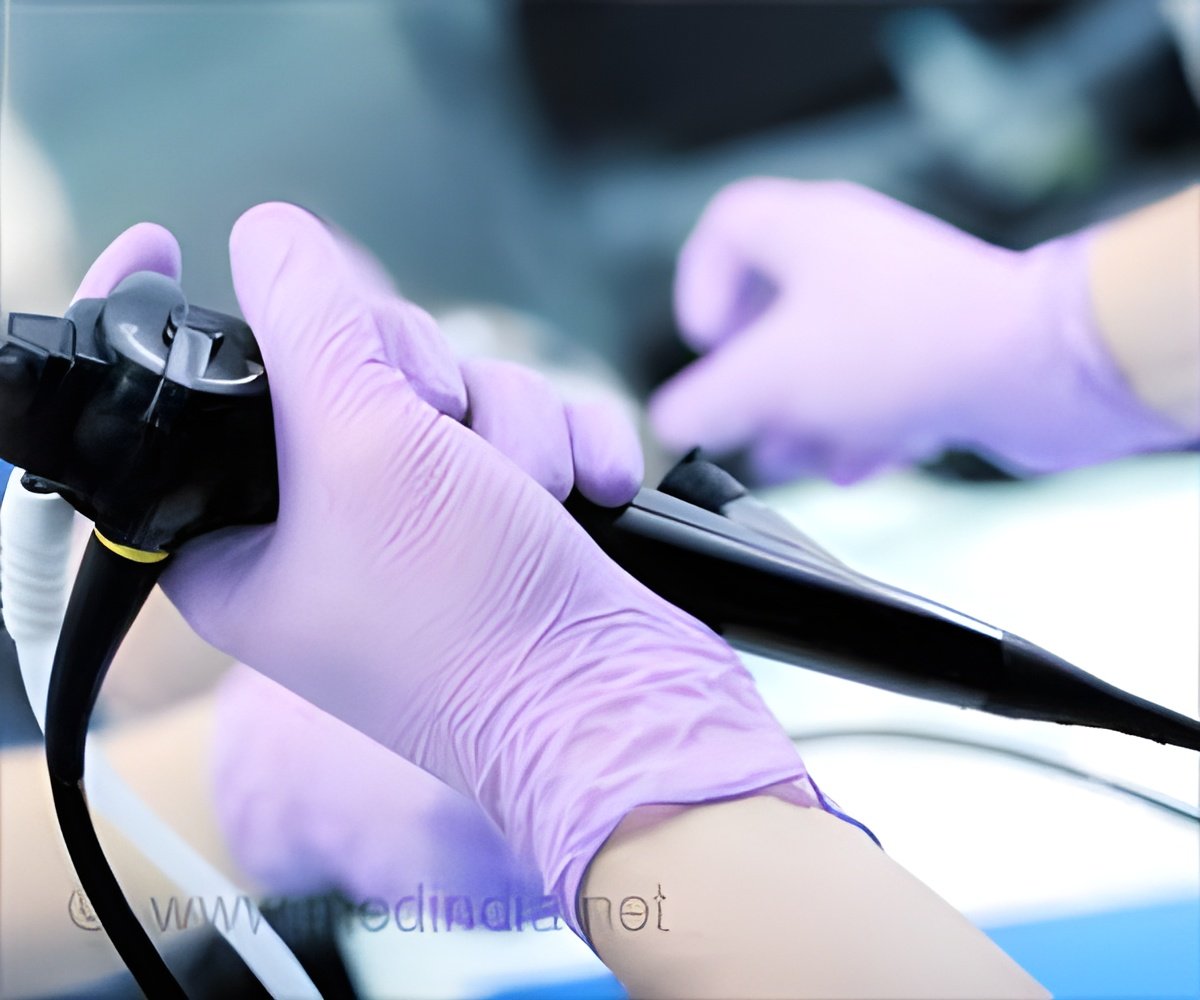
A recent study conducted by researchers at Brigham and Women’s Hospital in the US has shed light on the alarming health risks faced by healthcare workers during endoscopic gastrointestinal procedures. The study revealed that healthcare professionals assisting in these procedures may be exposed to toxic smoke levels equivalent to smoking a cigarette per procedure, posing significant health hazards (1✔ ✔Trusted Source
Surgical Smoke-Concern for Both Doctors and Patients
).
Lead author Trent Walradt, a research fellow at Brigham, emphasized the lack of regulations and guidelines to mitigate smoke exposure in gastrointestinal endoscopy compared to those in place for surgeons in operating rooms. This disparity raises concerns regarding the safety of healthcare workers routinely performing endoscopic procedures.
Evaluating Smoke-Producing Endoscopic Procedures
The research team assessed various gastrointestinal endoscopic procedures known to produce smoke, including those aimed at stopping bleeding, reducing the size of intestinal openings post-gastric bypass, and removing cancerous or precancerous polyps near muscle tissues. Among these procedures, argon plasma coagulation stood out as particularly concerning due to its utilization of argon gas and electrical currents to cauterize and remove tissue.
The study found that during these procedures, volatile organic compound levels peaked at twice the maximum safe limit established by the Environmental Protection Agency (EPA). Additionally, elevated levels of ultrafine particles and fine inhalable particles less than 2.5 micrometers were detected, highlighting the pervasive nature of the health risks associated with endoscopy smoke exposure.
Implications and Urgency for Action
Chris Thompson, director of endoscopy at Brigham and principal investigator of the study, underscored the gravity of the findings, emphasizing that healthcare workers conducting multiple procedures per day could effectively inhale smoke equivalent to several cigarettes daily. Such exposure over time poses unacceptable health risks, warranting immediate attention and action from regulatory bodies and healthcare institutions.
The study’s revelations not only underscore the urgent need for comprehensive guidelines and protective measures to mitigate endoscopy smoke exposure but also raise broader questions about workplace safety standards in healthcare settings. Addressing these concerns is essential to safeguarding the well-being of healthcare professionals and ensuring optimal patient care.
Reference:
- Surgical Smoke-Concern for Both Doctors and Patients – (https://www.ncbi.nlm.nih.gov/pmc/articles/PMC4775575/)
Source-Medindia



